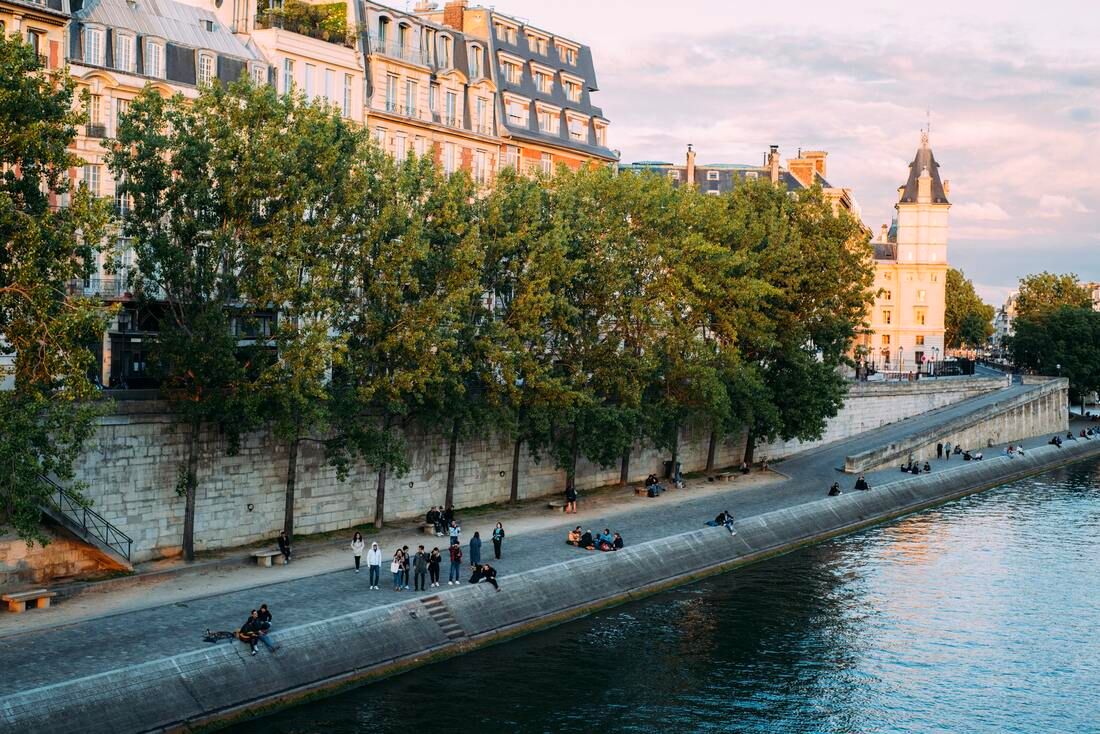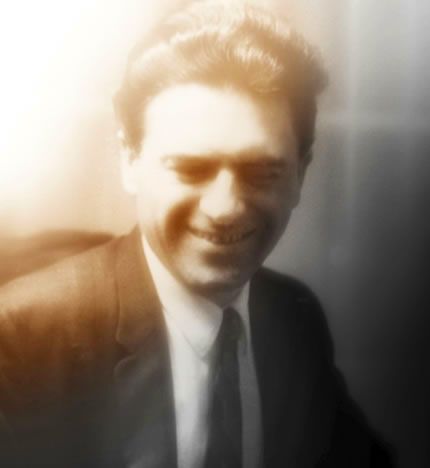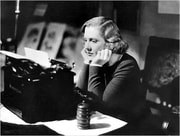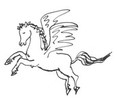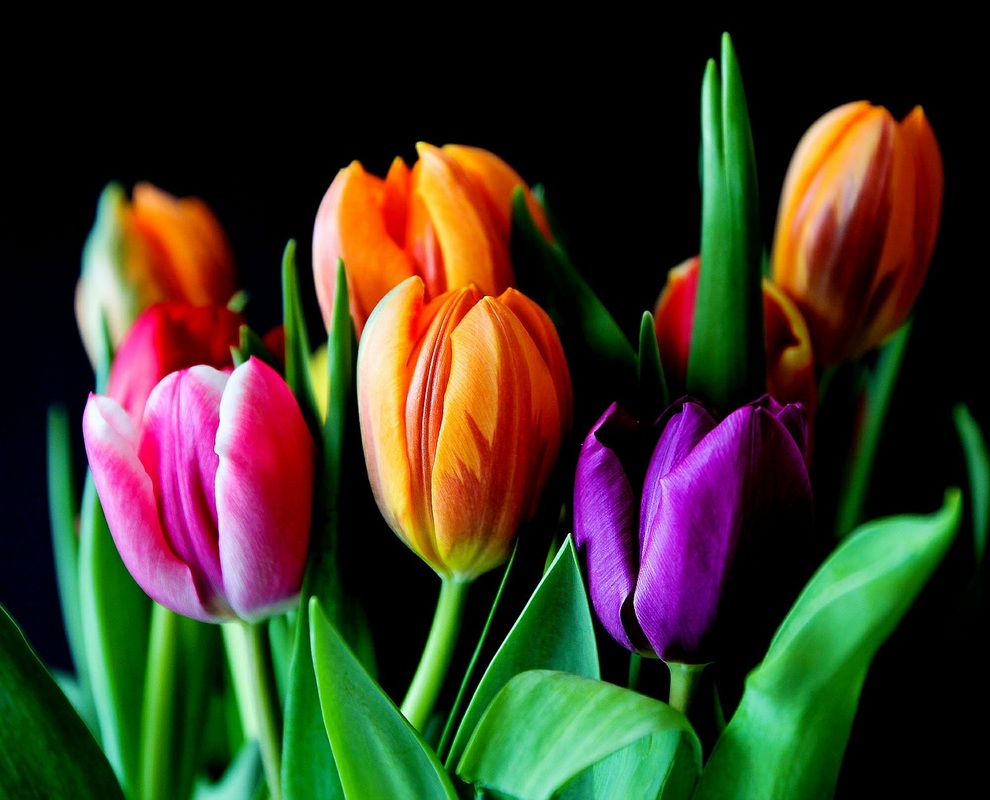|
I read again the biography "Life begins today" by Jacques Lusseyran. This hero of the French resistance was born in 1924, became blind at the age of seven, was betrayed by a fellow member of the resistance, arrested by the Gestapo, imprisoned, brought to Buchenwald, a concentration camp - and among the about 30 individuals (out of thousands) who survived. Later he taught French literature in the US - and most of all he taught all of us. He taught the art of living.
His books "And There was Light" and "Against the Pollution of the I" are extraordinary reads. The book "Life begins to today" (not translated into English) is his most condensed philosophy of Life, one of my favorite books of all. Lusseyran teaches us with his life and thinking the art of living, the art of survival, the art of healing, in the most extraordinary way. It is very humbling to encounter an individual like him. He teaches the art of living often as the art of healing by describing how others do it. You might say he presents to you extraordinary lives of others. One is the blacksmith Jeremie Regard, a Christian Scientist, a fellow inmate in the concentration camp who is not moved nor touched by the horrid surroundings but serves others without complaint and shares remarkable wisdom and strength. (I introduced Jérémie Regard to you in a different blog post which you can find here.) Another of Lusseyran's heroes is George L., a friend from the resistance, who is imprisoned for four years also in a concentration camp followed by six years in a hospital. That is when the two men reconnect. He describes how George performs two miracles: "To have kept his spirit clear in prison and to heal his body." Lusseyran observes that something inside of George knew all those years the truths of Life he couldn't see himself, a hopeless patient forced down by a variety of diseases and accidents: "Health, confidence, joy, life - all synonyms." Georges announces to him that now his "exile" (time spent in prison, camps and hospitals) after almost eleven years, has come to an end. How is that possible, asks Lusseyran himself? And he finds the answer in the power of Life itself: "I see Life, allpowerful Life. I see what happens to a man who does not resist Life. George had never become bitter. He did not resign, that is, retreat into the acceptance of suffering. He focused on living and showed great talent in it. I saw his attention never drawn to himself, something I observe that most sick or simply unfortunate do all the time. He had never been occupied with what I would call "the evolution of pain", he was also never upset with himself. He behaved like a free individual but with a little more attention to his surrounding. I saw him listening to others with one ear, but listening with the other ear to Life. Lending Life a willing ear, Life, being everywhere, independent of people. At certain points this Life didn't make much noise, but it was always there. He had listened to this quiet music, and I feel that this is why he always smiled. And then happened what was meant to happen: "When Life itself, streaming through him, met no resistance any more, all the power of Life rose up in himself. (...) He was healed. I saw now how he had taken all the suffering and injustices inflicted on him in an impersonal way, as if his prolonged suffering didn't have a narrative, didn't make up his biography. All our friends said: "What an example of courage George is!" I don't like this expression, I think it is not right, for it should be: "What an example of commitment George is!" To commit to Life is a true act, perhaps the most difficult deed of all. It involves accepting that there is an eternal order in the universe. I don't forget the suffering George went through, but suffering in itself is not something to be glorified. It is simply a sign, a sign of an error; a sign that we did something to resist Life itself. I often wonder what happened if we all didn't look at our inner deprivations and needs as fateful-disastrous realities, brought upon us by a hostile universe, but as a sign of our own avoidance of Life, our unfaithfulness to Life itself, and I am stunned." I hear in his words the repercussions of the encounter with Jérémie Regard teaching him the art of life by not denying the presence of good even in a concentration camp, prison, in hunger or deprivation. Life is good, the order of the universe, as Lusseyran puts it. Bicknell Young, spiritual teacher, Christian Scientist, writes: "If we want a thing, the moment we stop wanting it, we will prove we have. Because we have stopped denying its presence." And Mary Baker Eddy opens her textbook "Science and Health with Key to Scriptures" with those words (p. VII): "To those leaning on the sustaining Infinite, today is big with blessings." ________________ Recommendations: Jacques Lusseyran. Le monde commence aujourd'hui. Paris 2016 Jacques Lusseyran. And there was light. New York 1998 An appraisal of Jacques Lusseyran in my "Joy project #3" Comments are closed.
|
Who is writing?
In my work as Christian Science practitioner and writer I draw on listening to God and listening to people. Categories
All
My Archive
October 2023
|
